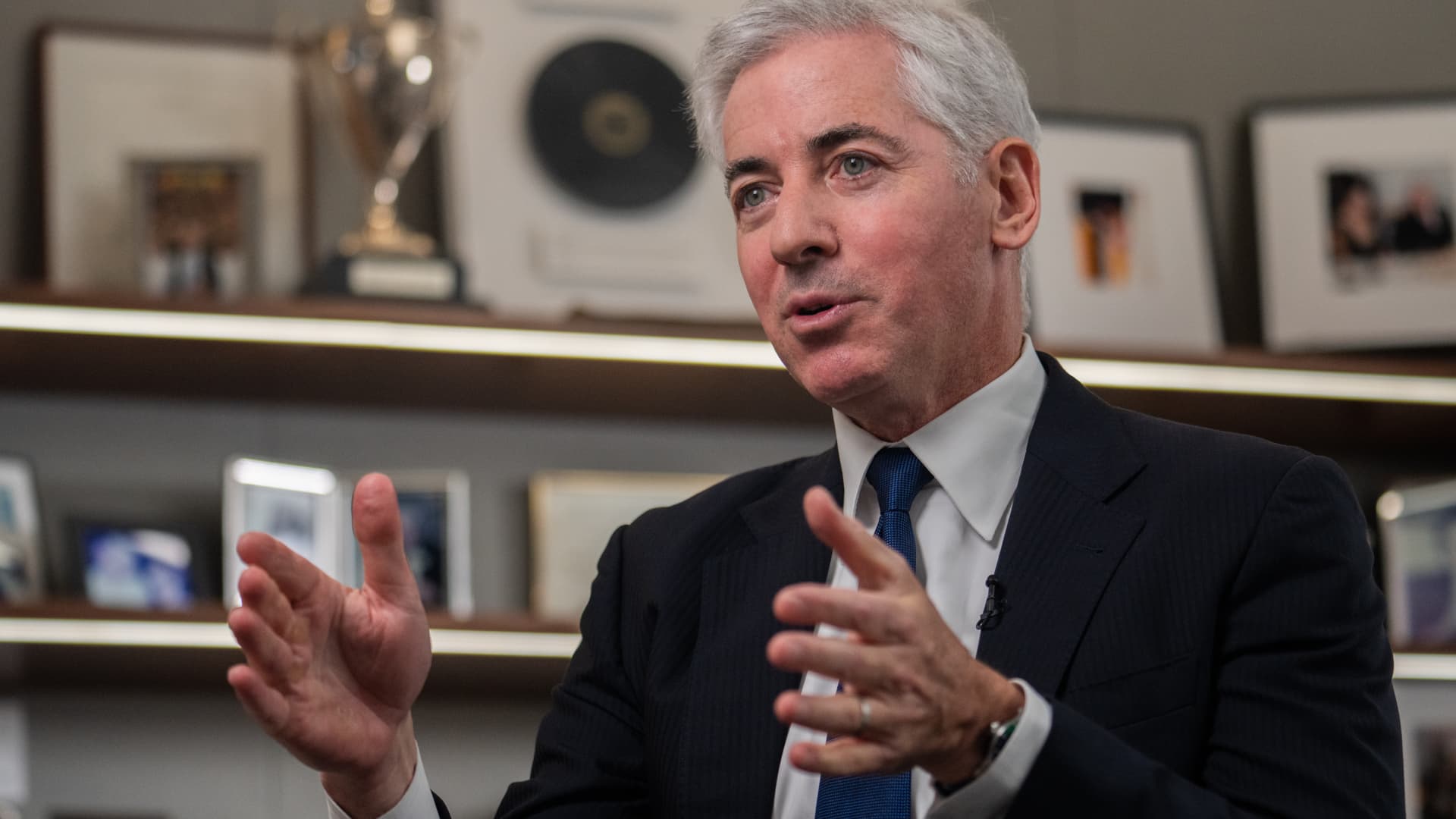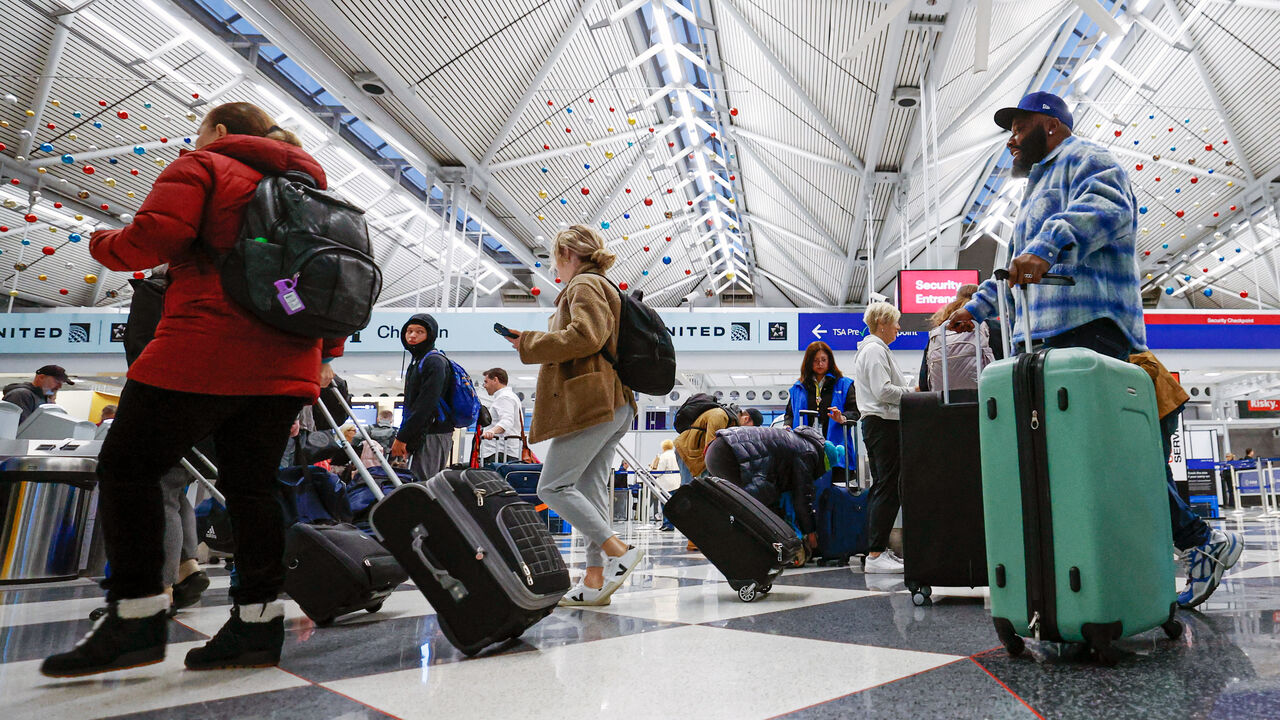Billionaire investor Bill Ackman said that America was heading toward a self-inflicted “economic nuclear winter” as a result of U.S. President Donald Trump’s tariff policy rollout.
“By placing massive and disproportionate tariffs on our friends and our enemies alike and thereby launching a global economic war against the whole world at once, we are in the process of destroying confidence in our country as a trading partner,” Ackman, who had endorsed Trump during the elections, wrote on social media platform X.
Trump’s latest tariffs, signed into effect Wednesday, set a 10% baseline levy on all imports, hitting over 180 countries and hammering global markets.
China faces the highest tariffs, with the Trump administration having imposed 54% in duties since January. Beijing has retaliated with 34% tariffs on all goods imported from the U.S.
U.S. equities capped off a vicious week for investors last Friday, down 9.08%, according to data from FactSet, as Trump’s moves stoke fears of a global economic slowdown. J.P. Morgan lifted the odds for a U.S. and global recession to 60% by the end of the year, up from 40% previously.
“Business is a confidence game. The president is losing the confidence of business leaders around the globe,” Ackman said.
“The consequences for our country and the millions of our citizens who have supported the president — in particular low-income consumers who are already under a huge amount of economic stress — are going to be severely negative. This is not what we voted for,” the hedge fund manager said.
Trump has the opportunity to call for a timeout for any negotiations to resolve any “unfair” tariff deals.
“Alternatively, we are heading for a self-induced, economic nuclear winter, and we should start hunkering down,” he said.
In a separate tweet, Ackman also took potshots at U.S. Commerce Secretary Howard Lutnick. “He profits when our economy implodes. It’s a bad idea to pick a Secretary of Commerce whose firm is levered long fixed income,” Ackman said, adding that it is an “irreconcilable conflict of interest.”
On Sunday, Lutnick told CBS that the Trump administration will remain steadfast in its reciprocal tariffs against key trading partners even in the face of a global stock rout.
The U.S. Department of Commerce did not immediately respond to CNBC’s request for comment.

 Blog Post1 week ago
Blog Post1 week ago
 Economics1 week ago
Economics1 week ago
 Finance1 week ago
Finance1 week ago
 Personal Finance1 week ago
Personal Finance1 week ago
 Accounting1 week ago
Accounting1 week ago
 Economics1 week ago
Economics1 week ago
 Personal Finance6 days ago
Personal Finance6 days ago
 Personal Finance1 week ago
Personal Finance1 week ago


















